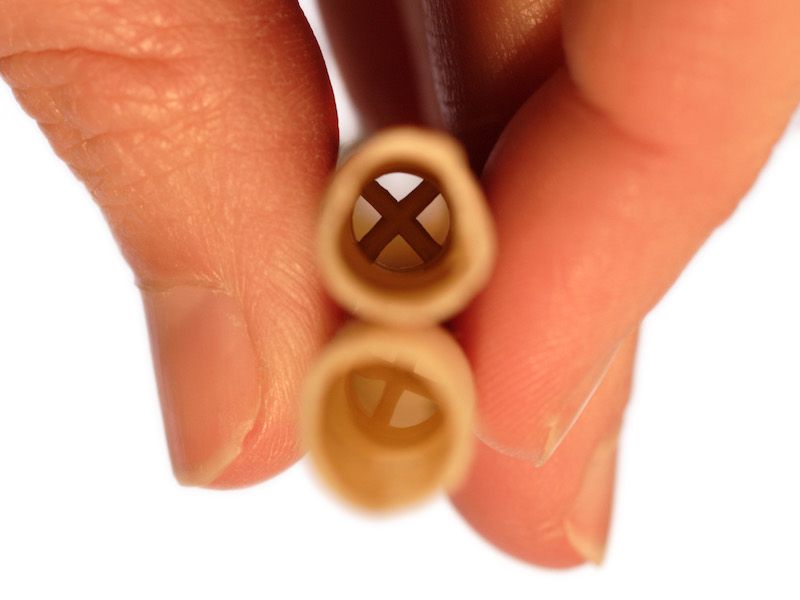
In some circles, the practice known as “ear candling” is persistently believed to be an effective way to decrease earwax. Is ear candling effective and what is it?
Earwax Candles, is it Effective?
Spoiler alert: No. They absolutely don’t work.
Why then, does this bit of pseudo-science keep finding its way into the heads of otherwise logical human beings? That’s a difficult question to answer. But the more you know about earwax candling, including the risks involved, the more likely you can draw an informed choice (even if the sensible choice is pretty clear).
What is Earwax Candling?
So here’s the basic setup: Perhaps you aren’t certain how to get rid of all your built up earwax. You’ve read that it’s risky to use cotton swabs to clear your earwax out. So, after doing some study, you discover a technique called earwax candling.
Here’s how earwax candling supposedly works: You produce a pressure differential by shoving the candle into your ear, wick side out. The wax in your ear, then, is pulled outward, towards the freedom of the open world. In theory, the pressure differential is enough to break up any wax that might be clogging up your ear. But cleaning your ears like this can be dangerous.
Why Isn’t Ear Candling Effective
This practice has a few issues, like the fact that the physics simply don’t work. It would require a significant amount of pressure to move earwax around and a candle just isn’t capable of creating that kind of pressure. Also, a candle doesn’t possess the sort of seal required to hold pressure.
Now, the candles used in these “treatments” are supposed to be special. All of the wax that was in your ear can be located in the hollow portion of the candle which can be broken up when you’re finished with your 15 minutes of ear candling. But the issue is you can find this same material in new unburned candles also. So the whole practice amounts to fraud.
Earwax candling has never been proven by science to have any benefit whatsoever.
So we Know Ear Candling Doesn’t Work But is it Dangerous?
So, you may as well give it a shot, right? Well, you’re looking for trouble whenever you get a hot candle near your ears. You might be fine if you try earwax candling. Lots of people do. But that doesn’t mean there aren’t risks involved, and it certainly doesn’t imply that ear candling is safe.
Here are a few negative effects of ear candling:
- Your ear can be seriously burned. When melted candle wax goes into your ear, it can lead to severe hearing problems and burns. In the most severe cases, this might permanently damage your hearing.
- Whenever you’re messing around with an open flame, there’s a chance that you might trigger serious damage and put your life in danger. You wouldn’t want to burn your house down, would you? Eliminating a bit of earwax isn’t worth that kind of risk and danger.
- Once the wax cools it can block up your ear canal. You could end up temporarily losing your hearing or even requiring surgery in extreme cases.
You Can Clean Your Ears Without Needing a Candle
The majority of people will never actually need to worry about cleaning earwax out of their ears. That’s because your ears are really pretty good at cleaning themselves! But you may be one of those individuals who have an uncommonly heavy earwax production.
If you do need to clean out your ears because of too much wax, there are scientifically-proven (and effective) methods to do that safely. You could use a fluid wash, for example. Another alternative would be to consult a hearing care professional for an earwax cleaning.
Cotton swabs are definitely not the way to go. And you should also avoid using an open flame to clean out earwax. Earwax candling doesn’t work, and it can create risks that will put your comfort and your hearing in considerable jeopardy. Try burning candles for their sent or for enjoyment but not as a method to clean your ears.

